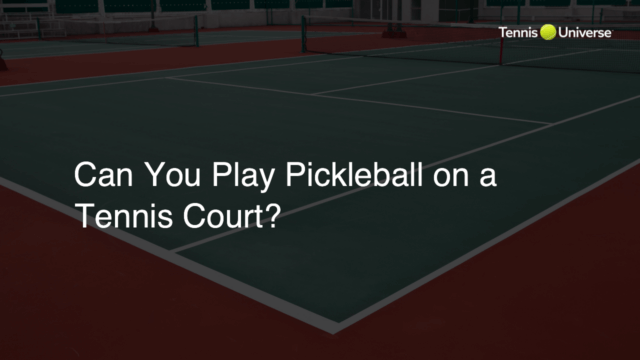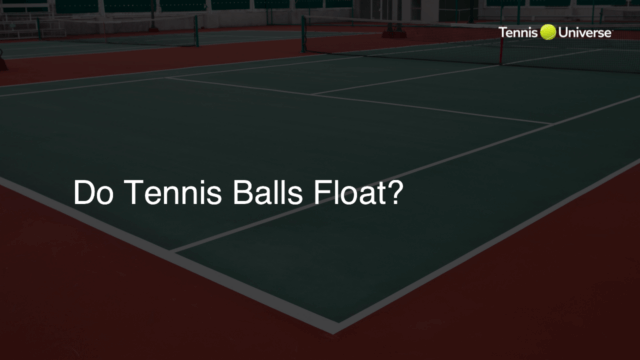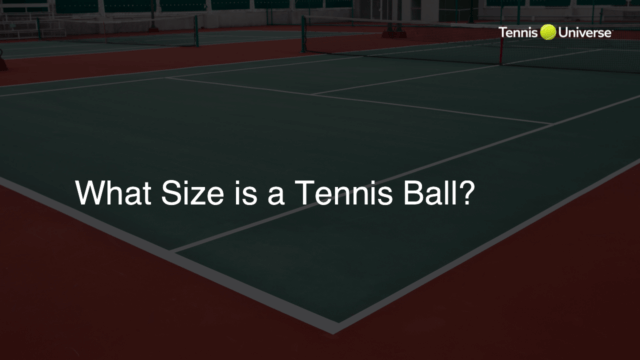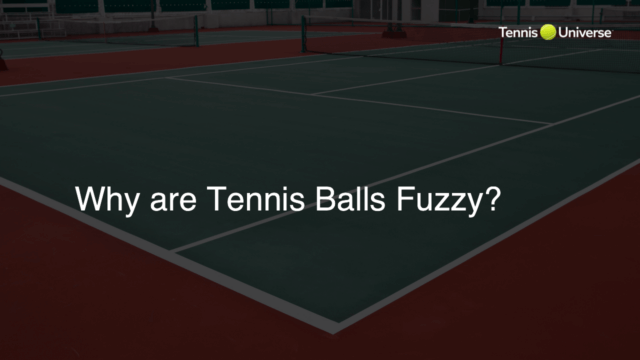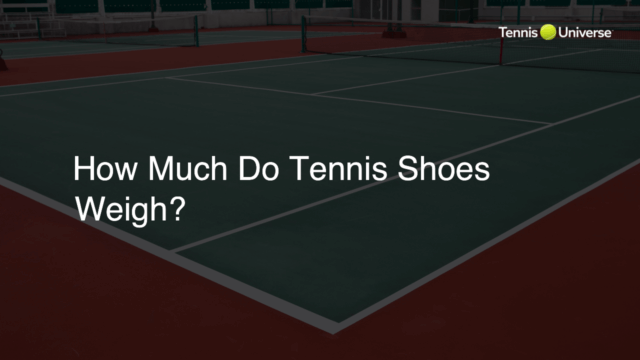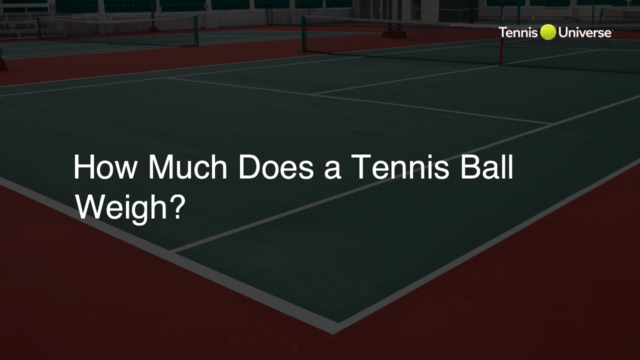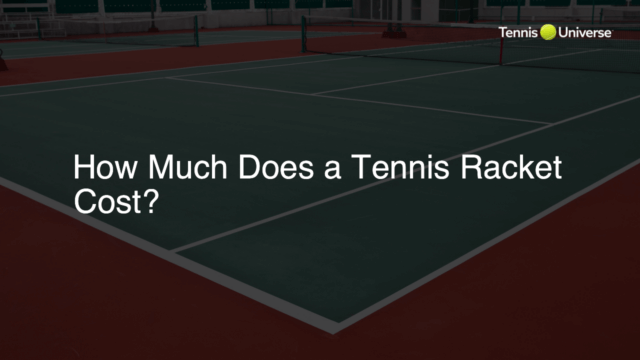Tennis players grunt due to the release of energy and exertion during the swing, aiding in timing, rhythm, and generating more power. This involuntary response helps reduce muscle tension and improve performance.
The Science Behind the Grunt
Believe it or not, the common tennis player grunt is more than just a quirky part of the game. There is scientific reasoning behind it. While swinging a tennis racket, players use their core muscles and breathe out to help generate power. This breath release during fast, forceful actions entails the vocal cords to naturally create a sound, resulting in a grunt.
Benefits of Grunting
Enhancing Power and Performance
Grunting can provide a significant impact on a tennis player’s game, even offering a slight edge over their opponent. Initial studies have indicated that grunting may lead to an increase in ball speed due to proper breathing and muscle engagement. This additional power can enable players to hit the ball harder and reach shots their opponents might not have anticipated.
Improving Timing and Rhythm
Tennis is very much a sport of timing, so incorporating a grunt can serve as a vital cue for striking the ball at the optimal moment. Players synchronize their grunts with their swing and ball strike, allowing them to maintain an internal rhythm throughout the match. This consistent timing can result in better overall performance and shot accuracy.
Psychological Factors
Psychologically, grunting can act as a release of stress or tension. It can help a player feel more relaxed, keeping them focused and confident on the court. Additionally, a powerful grunt may psychologically intimidate an opponent, providing a strategic advantage.
Controversy Surrounding Grunting in Tennis
While grunting does prove beneficial for the players on the court, it has become a topic of controversy in recent years. Critics argue that excessive grunting can be distracting and unsportsmanlike, potentially affecting an opponent’s concentration. As the debate continues, it’s essential to understand that there’s more to a tennis player’s grunt than just the noise – it plays a crucial role in their performance and strategy.
Techniques to Master Grunting
If you’re considering incorporating a grunt into your game, try following these tennis tips to help you use this technique effectively and efficiently:
Start with Breathing Techniques
Practice inhaling and exhaling during your swings to help you get accustomed to properly timing your breath with your shots. By doing so, you’ll find your natural grunt forming gradually, providing you with a more consistent and powerful swing.
Develop Your Unique Grunt
Every player’s grunt is different, reflecting their playing style and personality. Embrace your unique grunt, but make sure it doesn’t become excessively loud or distracting. An effective grunt should complement your game and not detract from it.
Maintain Control and Focus
Remember that grunting should be a controlled release of energy, not a chaotic burst. Focus on the purpose of your grunt – to enhance your power, timing, and rhythm – ensuring it remains beneficial to your game.
The Role of Grunts in Professional Tennis
Some of the world’s most renowned tennis players are known for their distinctive grunts. These professionals have demonstrated the advantages of grunting in their matches, both mentally and physically. By monitoring pro players who grunt effectively, you can gain insights and tennis tips to improve your grunting technique and enhance your game.
Frequently Asked Questions
We understand that you may have more questions about grunting in tennis. This FAQ section addresses some of the most common questions related to grunts on the tennis court, providing concise and direct answers:
1. Is grunting in tennis allowed?
Yes, grunting is allowed in tennis, as it is considered a natural response to exertion and effort. However, excessively loud or distracting grunts can be penalized for hindering the opponent’s focus.
2. Are there any disadvantages to grunting?
While grunting provides many benefits, its overuse or reliance can negatively impact a player’s performance. Moreover, excessively loud grunts can be penalized, and some opponents could perceive the sound as unsportsmanlike behavior.
3. Can grunting improve my performance?
Grunting can improve your performance by helping you generate more power, improving your timing and rhythm, and releasing tension. However, it’s essential to focus on the purpose of the grunt and ensure it complements your game without being a distraction.
4. Do all tennis players grunt?
Not all tennis players grunt. Grunting is more common among athletes who use significant force and exertion in their swings. The choice to grunt largely depends on an individual’s playing style, natural tendencies, and comfort.
5. How can I practice grunting effectively?
To practice grunting effectively, implement breathing techniques while swinging to time your breaths with your shots. Gradually, you’ll develop a unique grunt that complements your playing style. Always maintain control and focus while using this technique.


